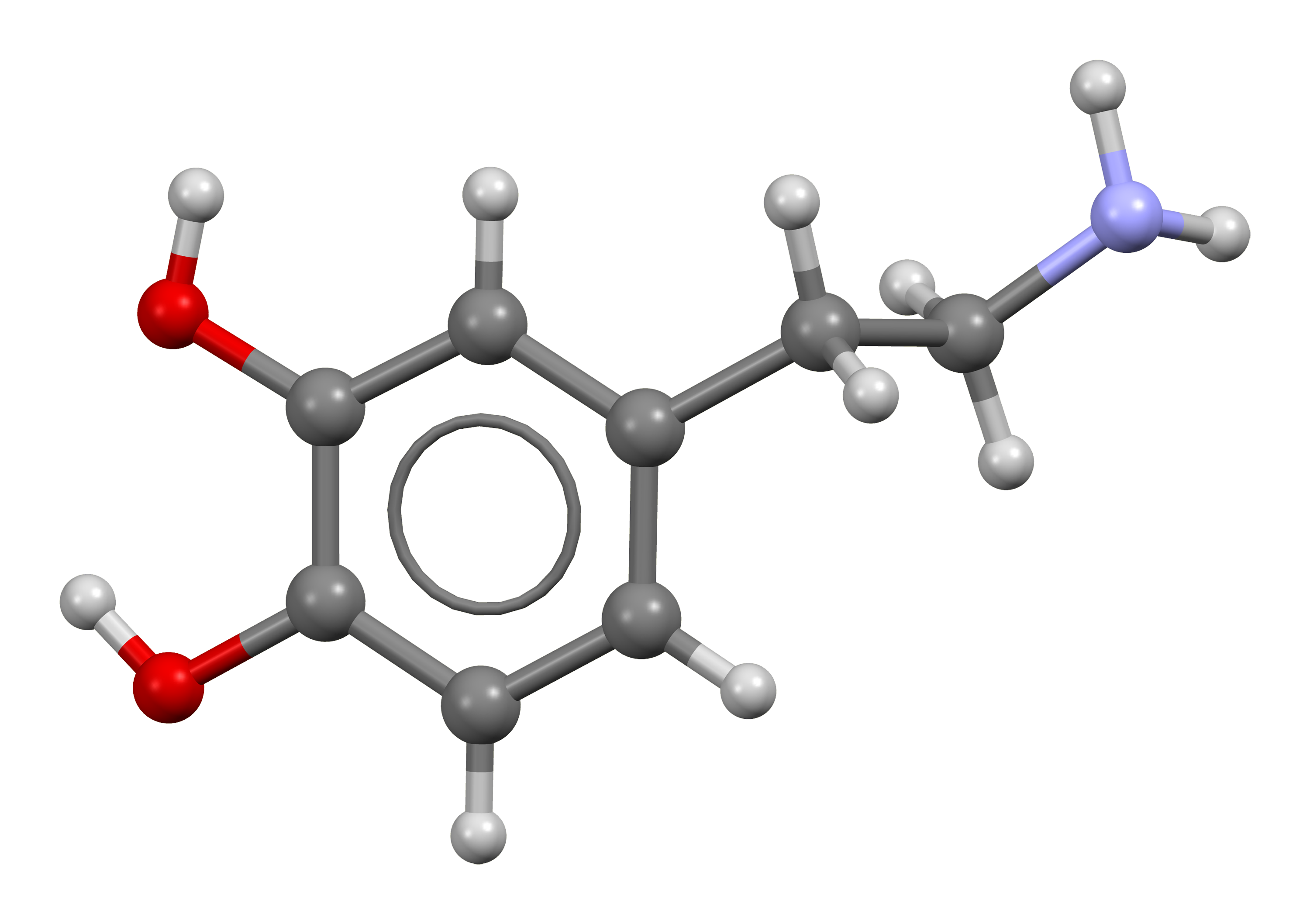Introduction to Dopamine
- Introduction to Neurotransmitters
- The Role of Dopamine
- The Role of Serotonin
- Interplay of Dopamine and Serotonin
- Competing Actions
- Collaborative Actions
- Conflicting Actions on Same Behaviors
- Complexity in Neuronal Combinations
- The Impacts of Therapeutic Drugs on Dopamine and Serotonin
- Dopamine, Serotonin and Mental Health
- Dopamine, Serotonin and Cognitive Functioning
- Settings, Synaptic Plasticity and Sensitization
- Prospects and Challenges in Dopamine & Serotonin Research
Prospects and Challenges in Dopamine & Serotonin Research
Current State of Knowledge on Dopamine and Serotonin

Organic chemical that functions both as a hormone and a neurotransmitter.
The human brain is a complex organ, and our understanding of it is continually evolving. Two of the most studied neurotransmitters in the brain are dopamine and serotonin. These chemicals play crucial roles in regulating mood, motivation, sleep, and several other functions. This article will provide an overview of our current understanding of dopamine and serotonin, review the latest research findings, and discuss the implications of these findings on mental health, cognitive functioning, and behavior.
Overview of Dopamine and Serotonin
Dopamine and serotonin are neurotransmitters, chemicals that transmit signals in the brain. Dopamine is often associated with feelings of pleasure and reward, while serotonin is linked to mood regulation, particularly feelings of well-being and happiness.
Dopamine plays a crucial role in our ability to focus, be motivated, and experience pleasure. It is involved in the brain's reward system, making us feel good when we achieve something. On the other hand, serotonin helps regulate our mood, appetite, and sleep. It also plays a role in cognitive functions like memory and learning.
Latest Research Findings
Recent research has provided new insights into the roles of dopamine and serotonin. For instance, studies have shown that dopamine is not just a "pleasure chemical" but also plays a significant role in regulating stress responses. Similarly, serotonin is not only a "feel-good" neurotransmitter but also influences social behavior.
One of the most exciting findings is the discovery of the intricate interplay between dopamine and serotonin. They can work together, oppose each other, or influence different behaviors. This complex interaction is still not fully understood and is a focus of ongoing research.
Implications for Mental Health, Cognitive Functioning, and Behavior
Our understanding of dopamine and serotonin has significant implications for mental health. Imbalances in these neurotransmitters are linked to various mental health disorders. For example, low levels of serotonin are associated with depression, while imbalances in dopamine are linked to schizophrenia and Parkinson's disease.
Moreover, these neurotransmitters also influence cognitive functioning. For instance, dopamine is involved in learning and memory, while serotonin affects attention and cognitive flexibility.
In terms of behavior, dopamine and serotonin can influence everything from our motivation to pursue goals to our responses to stress and reward. Understanding these neurotransmitters can help us understand why we behave the way we do and how we can change our behaviors.
In conclusion, our current understanding of dopamine and serotonin has come a long way, but there is still much to learn. The complexity of these neurotransmitters and their roles in the brain make them fascinating subjects for ongoing research. As we continue to unravel their mysteries, we can hope to gain deeper insights into the human brain and behavior.